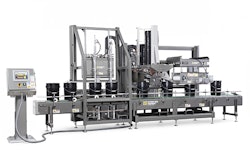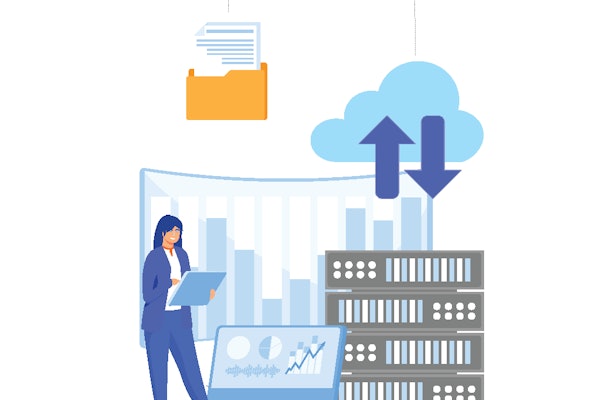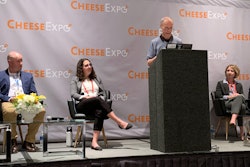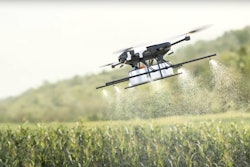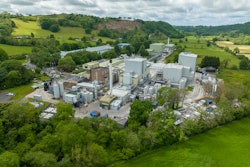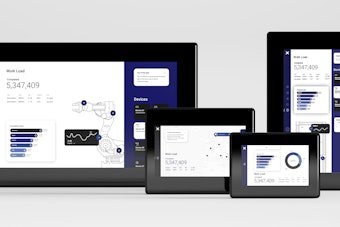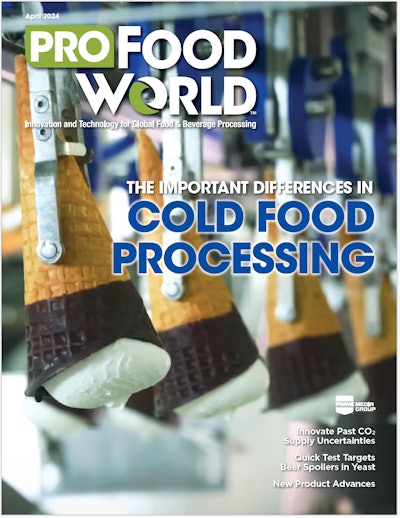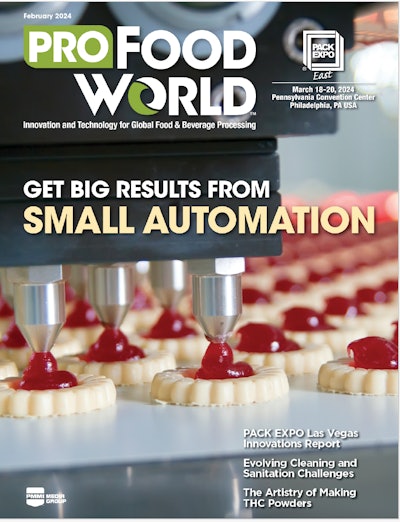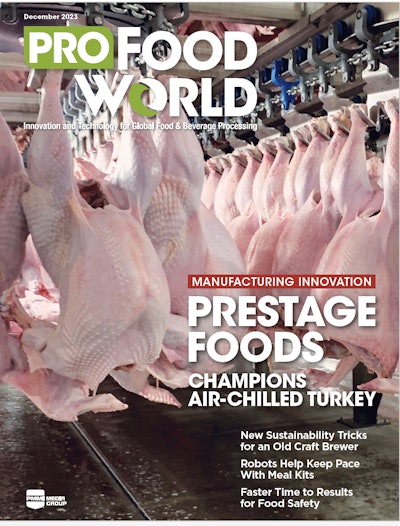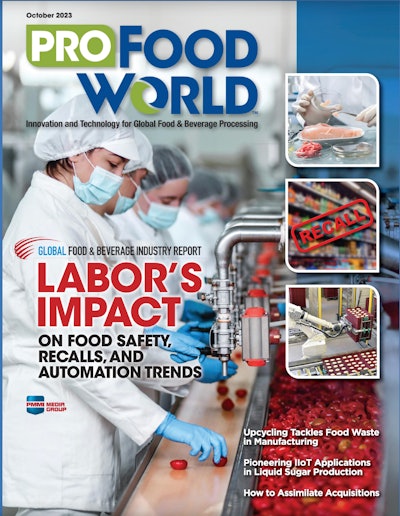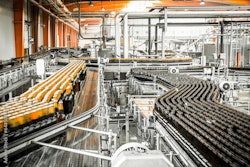
Walmart issued a new set of plastic waste reduction commitments. The new commitments, announced at Walmart’s annual supplier forum, are expected to impact over 30,000 SKUs. The move is designed to help get to the heart of the problem by focusing on the retailer’s private brand packaging, building upon existing efforts to reduce plastic waste in Walmart U.S. and Sam’s Club operations, and encouraging national brand suppliers to set similar packaging goals. At the supplier forum, Walmart executives highlighted that the company is working with suppliers to expand efforts to improve the sustainability of its private brand product packaging, with an emphasis on increasing recyclability and making it easier for customers to recycle.
Walmart said it will work with its U.S. private brand suppliers on the following commitments:
- Seek to achieve 100 percent recyclable, reusable or industrially compostable packaging for its private brand packaging by 2025;
- Target at least 20 percent post-consumer recycled content in private brand packaging by 2025;
- Label 100 percent of food and consumable private brand packaging with the How2Recycle® label by 2022;
- Work with suppliers to eliminate the non-recyclable packaging material PVC in general merchandise packaging by 2020; and
- Reduce private brand plastic packaging when possible, optimizing the use to meet the need.
During the forum, Walmart encouraged its national brand suppliers to make similar packaging commitments through the retailer’s Project Gigaton platform. The retailer has also introduced a new recycling playbook designed to provide information to companies pursuing recyclable packaging and recycled content goals. The recycling playbook gives overviews on what type of plastic packaging is more easily recyclable and provides information on recycling challenges for certain packaging materials. This new recycling guidance is a supplement to Walmart’s existing sustainable packaging playbook that offers information on sustainable packaging best practices such as optimizing packaging design and using consumer-friendly recycling labels.
The Walmart Foundation is also supporting a number of circular economy initiatives such as the U.S. Chamber of Commerce Foundation’s Beyond 34 project – a multi-stakeholder initiative aimed at increasing the current 34 percent recycling rate in the U.S. by providing a scalable model to increase and improve recycling and recovery rates in local communities.
“As a global retailer that has set an ambitious aspirational goal to create zero waste, we fully recognize that reducing plastic waste by increasing packaging circularity is an area where Walmart can lead,” said Laura Phillips, Senior Vice President for Global Sustainability at Walmart Inc. “Today’s announcement marks another key milestone in our ongoing journey of working with our private brand and national brand suppliers to deliver access to high-quality, sustainable products as part of the Walmart everyday low price promise.”
In being a signatory to the G7 Oceans Plastics Charter and the New Plastics Economy Global Commitment being led by the Ellen MacArthur Foundation, in collaboration with the UN Environment, Walmart is working globally to reduce plastic waste within its operations and throughout its value chain. By the end of 2017, Walmart diverted from landfills 81 percent of unsold products, packaging and other waste materials in the U.S.
Walmart’s plastic waste reduction efforts are part of the company’s larger commitment to use its size and scale for good and do business in a way that aims to enhance economic opportunity, encourage sustainability and strengthen local communities. Read more at the Walmart Sustainability Hub.
Plastic Waste in the United States
While plastic provides numerous benefits relative to other materials (low cost, shelf life, portability, flexibility, etc.), society’s ability to collect and recycle plastic waste has failed to keep up with exponential increases in plastic production, which has grown to nearly half a billion tons per year. Approximately 35% of plastic produced is used in packaging, the majority of which is used once and then discarded. Less than 14% of plastic packaging is recycled globally. This low number is likely driven by a combination of consumer confusion about where/how to recycle, weak collection infrastructure, and broken links between plastic design and scalable processing infrastructure.



